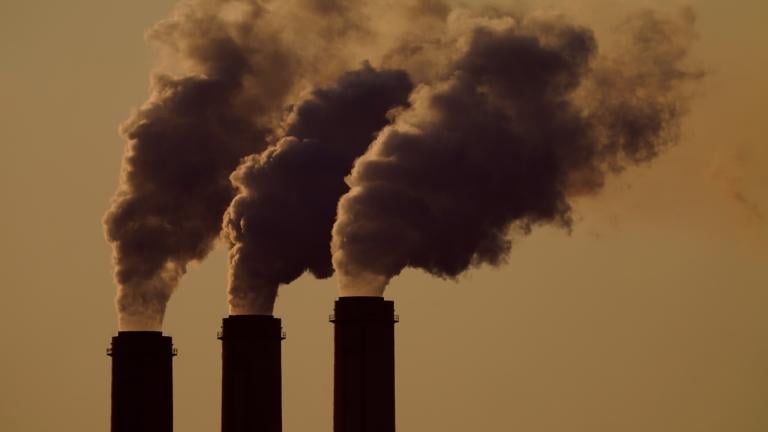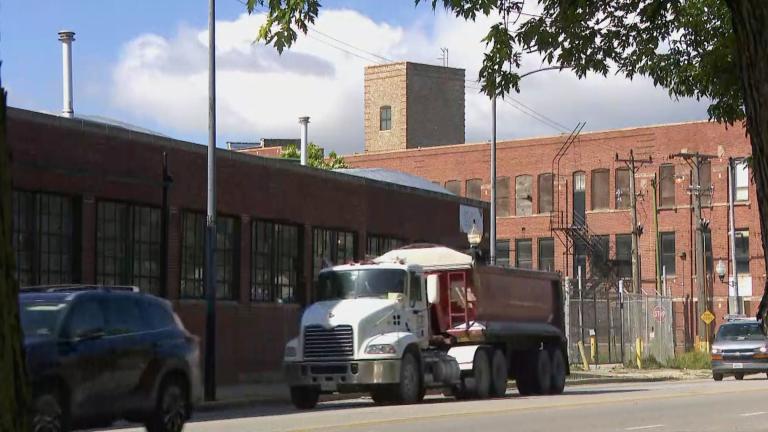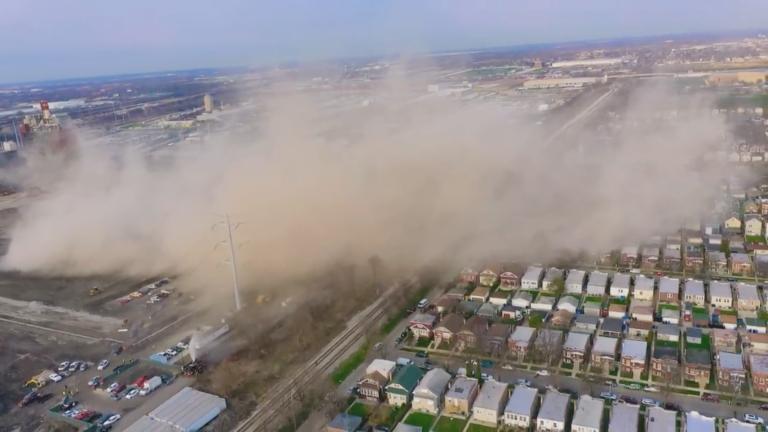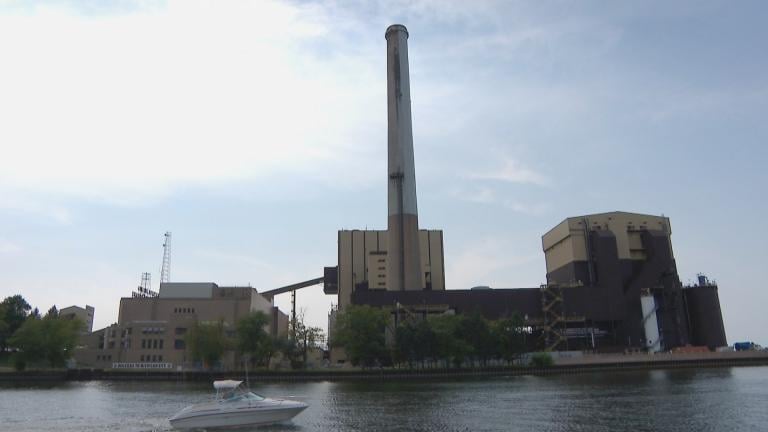Oil refineries are discharging toxic pollutants into our waterways and the Great Lakes with little oversight from regulators.
Three of the very worst polluters are refineries right here in the Chicago area — BP’s Whiting Refinery in Indiana, Exxon Mobil’s Joliet refinery, and Citgo’s refinery in Lemont.
That’s the finding of a new report from the Environmental Integrity Project, a nonpartisan nonprofit group that advocates for enforcement of environmental law that analyzed toxic discharge data from the U.S. Environmental Protection Agency.
“Most of the pollution from refineries isn’t subject to any federal standards at all under the Clean Water Act, which is pretty alarming since the Clean Water Act is more than 50 years old,” said Eric Schaeffer, co-founder and executive director at the Environmental Integrity Project. “The few federal standards that we have apply only to a subset of pollutants. They don’t cover some of the more dangerous toxins that refineries discharge. They don’t cover nitrogen, they don’t cover sulfates and chlorides. … And so, not surprisingly, there’s a lot of that pollution coming out of refineries and Illinois has some of the worst in terms of the pollutants we looked at.”
One pollutant they focused on was selenium, which is highly toxic to fish and can cause dizziness, hair loss and gastrointestinal problems in humans.
“When you look at the BP Whiting refinery and the refineries in Lemont and Joliet — and actually down at Wood River at the southern part of the state near St. Louis — you’ve got four of the top 10 selenium discharges in the US among the refineries we looked at,” said Schaeffer. “And that’s really important because selenium is highly toxic in fish in very, very minute amounts, measured in parts per billion. So when you discharge thousands of pounds of selenium into a river or into the Great Lakes, it’s going to have an impact.”
And that impact will continue long after the discharges are stopped.
Democratic state Rep. Ann Williams, who currently chairs the Energy and Environment Committee in the Illinois General Assembly, described the report as “concerning.”
“I thought the report was really well done and it does seem to me like everything kind of falls into two categories,” said Williams. “First of all, do we need — and it certainly seems like the answer is ‘yes’ — to update our emissions standards for waterways on a federal level, number one? And number two, are we adequately enforcing the regulations that we do have? And that applies at both the state and federal level.”
Williams also believes the U.S. Environmental Protection Agency needs to explain why it is not doing more to address the situation.
“That’s the million dollar question that we need to determine,” said Williams. “The Clean Water Act was developed really with a goal of creating a regulatory scheme that could be updated as technology improved. So every five years the EPA is supposed to go back evaluate new technologies and see if because of the new technologies (they should improve the standards and requirements to keep pollutants out of the water).
That doesn’t seem like that’s what’s happening, even though that’s how the structure was designed.”
According to Schaeffer, the EPA has failed to update regulatory standards for wastewater treatment for decades – even though they are supposed to update those standards every five years.
“What we’re living with now are standards that were set in the early eighties during Ronald Reagan’s first term for refineries that cover only a handful of pollutants and which have never been updated,” said Schaeffer.
The EPA said in a statement to WTTW News that it “is aware of the report, and will review and respond accordingly.”
According to a statement from the Illinois EPA, the discharge data for the Illinois-based refineries “do not evidence any permit violations related to those discharges that would warrant enforcement action.”
Exxon Mobil said in a statement: “We operate our refineries in compliance with stringent local, state and federal regulations, and are always working to improve environmental performance.”








